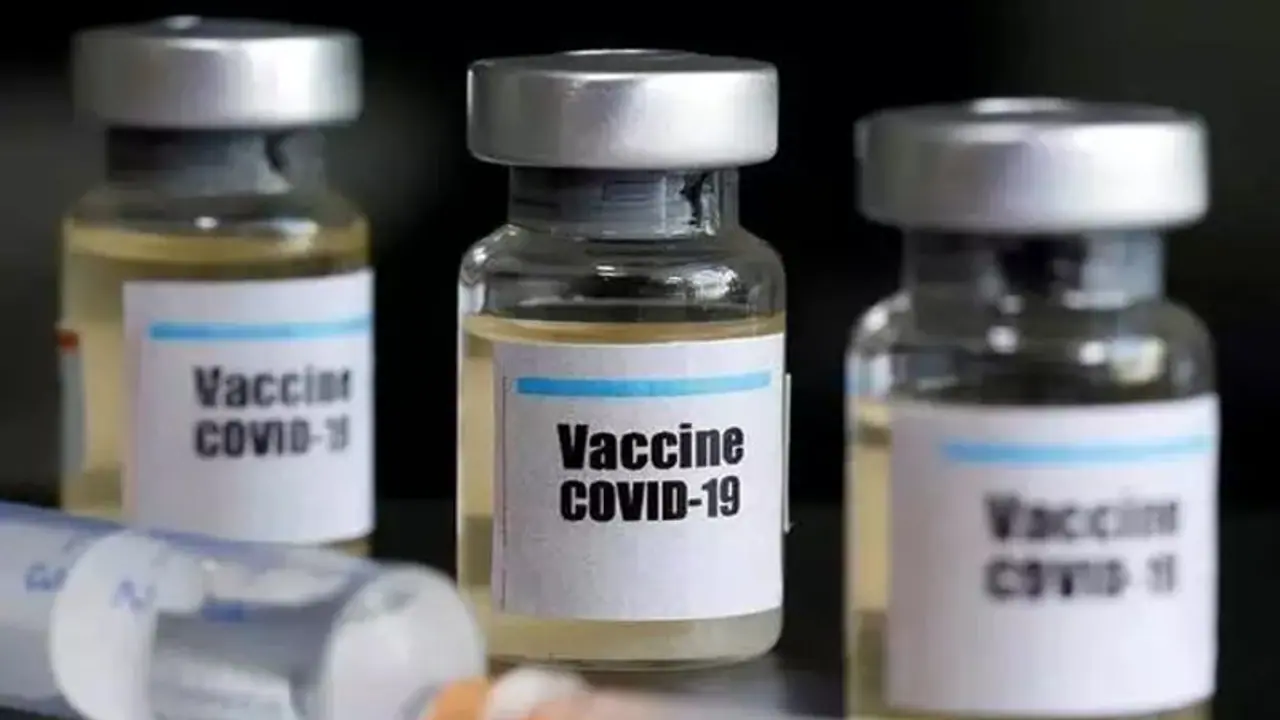Novavax research chief Gregory Glenn said the late-stage clinical trial of the experimental COVID-19 vaccine could potentially glean enough data to obtain regulatory approvals as early as December.
Washington DC: Novavax Inc said on Tuesday its experimental COVID-19 vaccine produced high levels of antibodies against the novel coronavirus, according to initial data from a small, early-stage clinical trial, sending the company’s shares up 10%.

The company said it could start a large pivotal Phase III trial as soon as late September, and on a conference call added that it could produce 1 billion to 2 billion doses of the vaccine in 2021.
Maryland-based Novavax said its vaccine candidate, NVX-CoV2373, produced higher levels of the antibodies in healthy volunteers after two doses than those found in recovered COVID-19 patients, raising hopes for its eventual success.
The addition of the company’s MatrixM adjuvant, a substance designed to boost the body’s immune response, did enhance the effect of the vaccine in the study, the company said.
The Novavax vaccine is among the first of a handful of programs singled out for US funding under Operation Warp Speed, the White House program to accelerate access to vaccines and treatments that can fight the virus.
Effective vaccines and treatments are considered essential to halting a pandemic that has claimed more than 695,000 lives worldwide.
Novavax’s vaccine contains synthesized pieces of the surface protein that the coronavirus uses to invade human cells, spurring production of antibodies to fight the infection.
The US government in July agreed to pay Novavax $1.6 billion to help cover costs related to testing and manufacturing the vaccine, with the aim of procuring 100 million doses by January 2021.
The trial, which started in late May, tested the vaccine in 106 subjects aged 18 to 59 versus a placebo. The Phase I study looked at the vaccine’s safety and ability to induce immune responses.
It tested 5 microgram and 25 microgram doses of the vaccine, with and without the adjuvant. The company said it would likely move forward with the lower dose.
Eight study participants experienced adverse side effects after receiving a second vaccine dose during the trial, although none required medical intervention, the company said.
Headache, fatigue, and muscle pain were among the more common side effects, and the vaccine was “well tolerated” overall, the company said.
Because COVID-19 vaccines are being developed at unprecedented speed, safety issues are being watched very closely.
“When you are talking about vaccinating the entire world, safety is almost more important than efficacy,” said Brad Loncar, chief executive of Loncar Investments, an investment fund specializing in biotechnology companies.
The Phase II portion of the study will be conducted in multiple countries, including the United States. It will gauge the vaccine’s ability to prevent infections or reduce severity of COVID-19, in addition to safety and immune response, among a broader range of volunteers.
